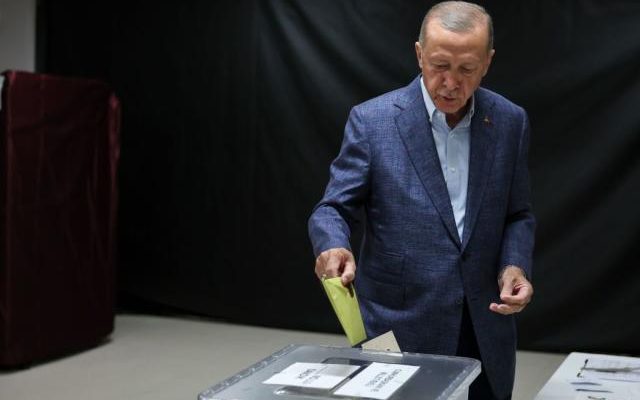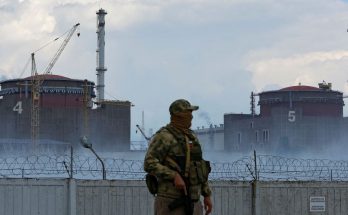By Gibbon
The tightly contested Turkish election between incumbent President Recep Tayyip Erdogan and opposition leader Kemal Kilicdaroglu appears to be headed for a runoff.
Despite leading comfortably earlier in the day, Erdogan was only up by a thin margin Sunday evening with 49.6% of the vote to Kilicdarglu’s 44.7% and almost 95% of the ballots counted.
Under Turkish election rules, the candidates would have to have a runoff on May 28 if neither man can get more than 50% of the vote.
Kilicdaroglu, a member of the country’s center-left Republican People’s Party, had disputed the earlier reports from the state-run news agency that had the incumbent leading in the race.
“We are ahead,” the 74-year-old challenger, who is running as the representative of a six-party coalition seeking to unseat Erdogan, said on Twitter earlier on Sunday.
With distrust still running high, the Supreme Electoral Board, Turkey’s election authority, said it would provide numbers to the competing political parties but would not make them public until after the count is finished.
Polling prior to the election had Kilicdaroglu leading the controversial Erdogan, with the NATO nation’s domestic economy, civil rights and the country’s response to a devastating earthquake in February that killed more than 50,000 Turks looming as the main issues in the race.
Erdogan, 69, who is close to Russian strongman Vladimir Putin, has promised that he would repair his nation’s inflation-riddled economy and implement democratic reforms if re-elected.
More than 64 million voters, including 3.4 million Turkish citizens living overseas, are eligible to vote in the election, and will also cast ballots for the country’s 600-member parliament.
Erdogan has come under fire for limiting freedoms in Turkey following a 2016 failed coup attempt that he blamed on cleric Fethullah Gulen, a former ally of the president.
Last week, opposition leaders accused the Turkish government of getting Twitter to “censor” content on the eve of the elections – perceived by critics as another attempt to stifle dissent.
Critics also blame Erdogan for the country’s dismal economy, with the high price of vegetables becoming a focal point amid a 44% inflation rate – and prompting opponents to use the onion as a symbol of the financial morass.
He has also been chided for what many perceived as a slow response to the 7.8 magnitude earthquake that caused severe damage in 11 of Turkey’s southern provinces.
In response to the criticism, Erdogan has labeled his political opponents as “drunkards” who support LGBTQ rights and have conspired with “terrorists.”
Kilicdarglu’s National Alliance, meanwhile, has vowed to tear down the country’s authoritarian presidential system and restore Turkey’s independent judiciary and central bank, and to loosen restrictions on free speech.




